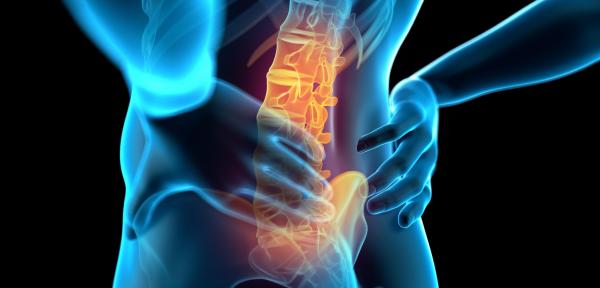Popular in blog

Discopathy: defenition and treatment

Effective treatment of back pain

Osteochondrosis: what is it and how acupressure massage can help

Fibromyalgia: how to live with this condition?

Migraines: explanation and pain management

The New York Post about Pranamat



 coupon
coupon  Gift card
Gift card 

